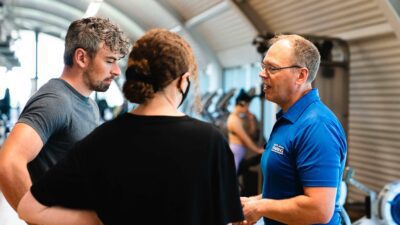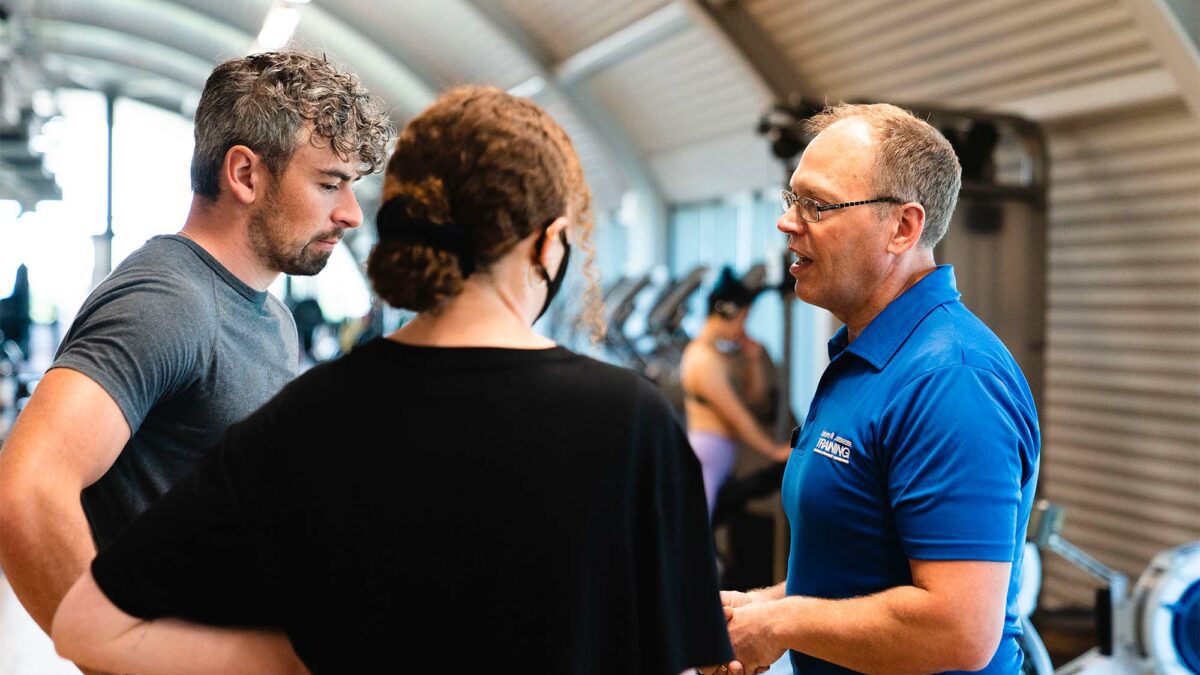



If you need to have more details and increase your chances of picking the right career, you should now take action and explore the possibilities of employment out there.
Validating a career path is like validating a product for market fit, except that your career is the product.
Your career is the product
There are many ways to validate a career idea, but the final aims are the same:
In the next paragraphs, we are going to explore the most known methods of career validation that you can use to your career ideas immediately. Don’t feel that you have to use all these methods, just picking two of them will increase your understanding for the situation of your selected career.
Start-ups in Silicon Valley use the Minimum Viable Product (MVP) process to validate new products to launch on the market. Similarly, you can use this method to validate your new career idea, since we have said above that your career is your product.
MVP is essentially the process of creating a usable product and using the least amount of resources, time and budget to test a hypothesis. The reason for this is that if you fail in testing a new product, the failure has no consequences for the entire business.
Similarly, you can apply the same approach to your professional life and we call it Minimum Viable Career Move (MVCM). You can make small steps, and test a new hypothesis without committing to a career or a job as yet.
Yes
No worries. Let us send you a copy so you can read it when it’s convenient for you. Just let us know where to send it.

The first MVCM you can do is to conduct informational interviews. This is the quickest and cheapest way to validate your idea with someone who is already working in the industry for some time.
To experience the best informal interview and get the most out of it, you should get in touch with each of the following institutions:
Education: you want to ask key questions to validate your idea. Asking the wrong education institutions can be pointless. Go to those that provide diplomas, courses and training about the career idea you have in mind.
Initial interest: next you want to determine if people in your local area could be interested in your new service you want to provide them, what they like about it and they don’t like.
Career opportunities: Finally, you want to ask some questions to education providers about what the employability for your new idea is. Many institutions might be biased because they try to make you start a course with them, so also visit career website and check job boards.
With a simple Google search, you can find all this information about educational institutions, job and career boards. Also ask your friends, neighbours and family to put you in touch with the right people. Get in touch with people and spend 15 minutes on the phone to speak to them.
If the working hours are above 8 a day or you have to work weekends and festivities, maybe this is not what you are looking for in a new career. However, this is entirely a subjective decision.
With this question, you want to assess where the industry is going, if there are any seasonalities or any periods where there is lots of work and periods where there isn’t any. If the industry is in danger of being replaced by new technology or new trends, you should be informed of this.
You most likely need to get some sort of qualification to start a new career and make the move, so find out which schools have a good reputation for delivering high quality courses.
This question helps you understand how professionals spend their day in their working place, what tasks they perform, which of them are interesting and which are boring or repetitive.
Some industries don’t require any qualification while others are very strict, protected by the law and regulated. Find out if you need any education.
Similarly to the previous question, this one deeps into the details of the job you have picked, not the industry as a whole. You need to find information about whether this potential job can be replaced, done better, is it new?
This relates to the type of efforts and challenges each job presents, if the challenges are too big for you, it’s probably not the right job.
One of the most popular MVCM methods of career validation is to speak with people who have experienced everything before you, have qualified, started a job and know the career inside out. Who is in a better position to give you this invaluable information than alumni?
Alumni are former students who have invested time, money and energy getting qualified. From them, you can not only grab fresh and unbiased opinions on the school and training providers, employers and jobs but they can also put you in touch with other alumni to gather even more perspectives on a new career idea.
Using reviews platforms and social media accounts, you can contact people who would be happy to give you more information on your new potential career (before you even start).
Here is a list of places to start:
Trustpilot. This is the biggest review website in the world, it reviews services, products and companies about everything. Just filter your research on the education provider to find alumni
This is, for example, Future Fit Training Trustpilot page.
Similar to Trustpilot, Google Reviews is the right place to get in contact with those who experienced a company and its services.
You can click on their name and send them an email with your request for questions.
LinkedIn has an amazing functionality on how to find alumni. It’s one of the hidden features and it’s invaluable for validating new career ideas.
Type the college or university, or training provider into the search bar of LinkedIn at the top. Select the right page and next to their logo, you find the button “See alumni”. Click on it and here you go.
You can invite them with an email, asking to help you talk about your new career idea in the industry they are working.
You can find information where they live, where they work, in which company and filter everything by sector or country.
The third MVCM is to speak to current employees, read what they have to say about a company and collect information to see if there is a match between your expectations and reality.
The best website to visit is definitely Glassdoor, the largest employees’ review platform.
If you have in mind to work for a company and do the job you always wanted to do, Glassdoor is the fastest way to read what current and former employees have to say. Glassdoor reviews are anonymous, which means you can get both unbiased reviews from frustrated/ happy employees or fake reviews from CEOs and Managing Directors trying to improve the overall score of their company.
If you dream to work for Google as a software engineer, for example, just search for Google on the top search bar and check Company reviews. Then check the interviews sections that give you an idea of what recruiters ask candidates, this can help you to prepare the most asked questions.
You can have a pretty good idea if your career is what you are expecting, without even starting it.
Congratulations on having read up to this point. It means you have selected a great career idea in mind that has good potential demand for it and it also matches your personality and objectives.
Now it’s time to take the next step and look at the pros and cons of training courses to become qualified.
Jump to chapters: